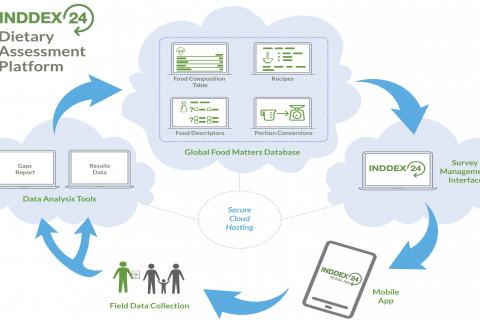Here is where you can get up to date on Intake's most recent news and announcements. We also provide links below to selected recent publications and news articles, and other noteworthy items and events relevant to the collection, analysis and use of dietary data.





